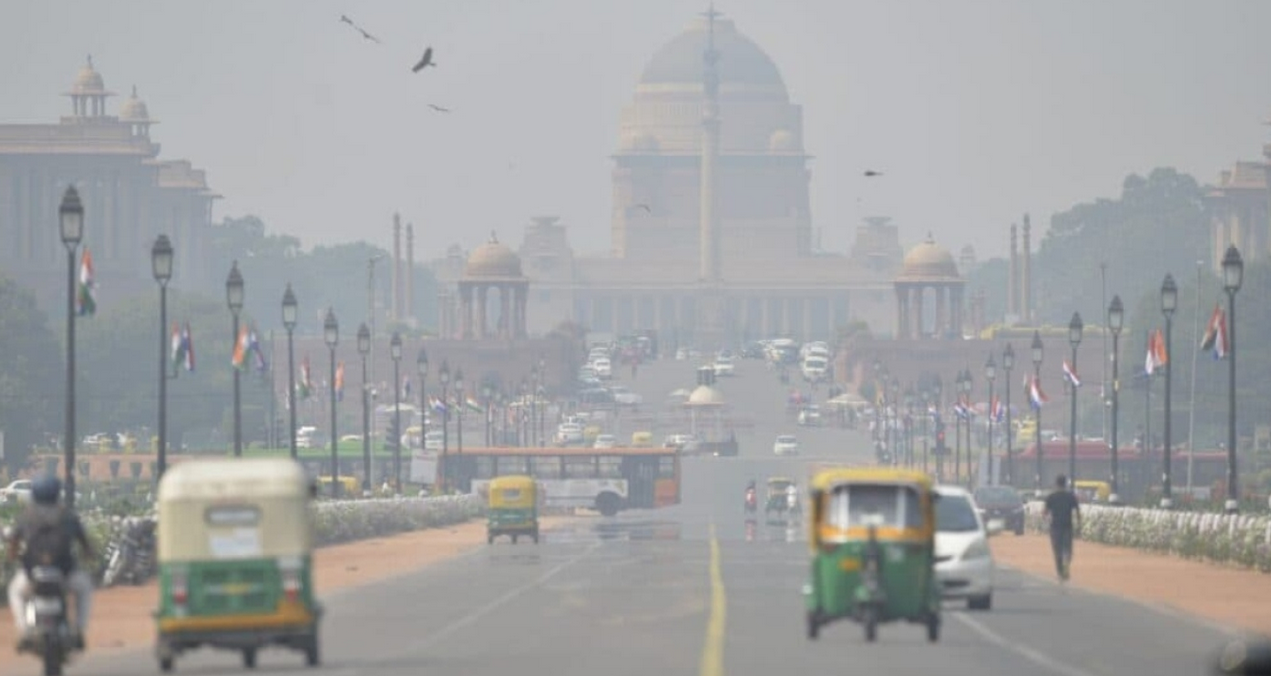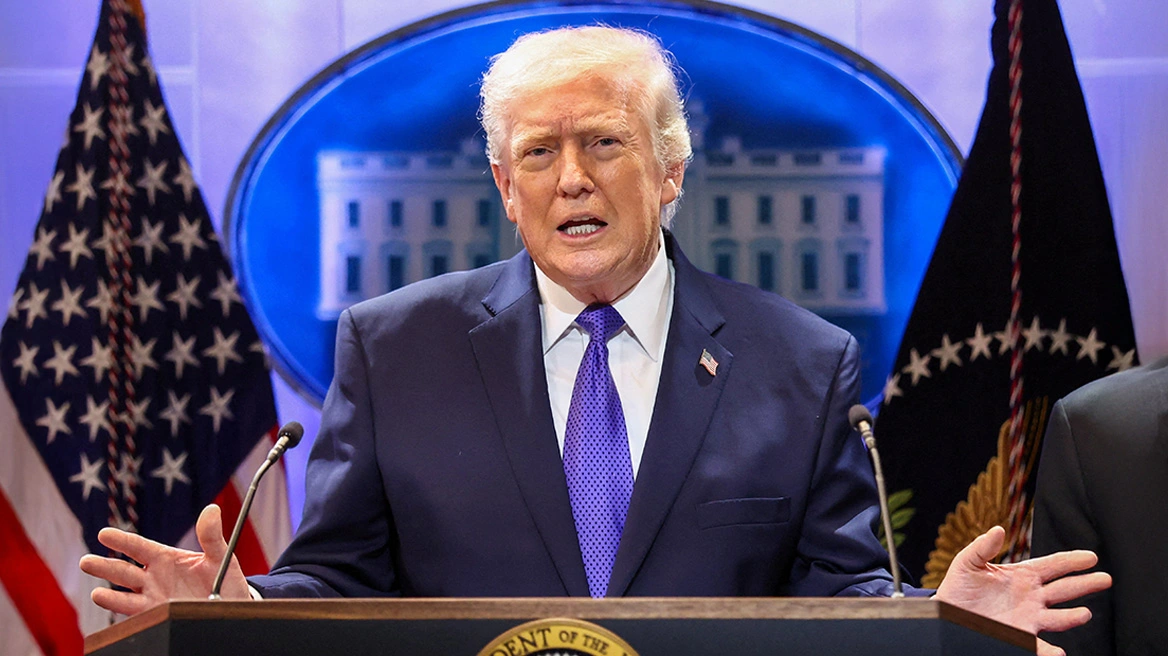Only in seven countries on the planet do citizens breathe clean air, according to a study by the World Health Organization (WHO).
Almost all the countries participating in the international organization’s study, as reported by the Guardian newspaper, do not meet the air quality standards, that is, the permissible PM2.5 levels, which are tiny harmful particles emitted by vehicles and industry and are much higher, a fact that can cause health problems.
Out of the 134 countries and regions participating in the study – Greece ranks 51st – only seven (Australia, Estonia, Finland, Grenada (Caribbean island), Iceland, Mauritius, and New Zealand) meet the permissible limits set by the World Health Organization (WHO) for PM2.5 particulate matter emitted by cars, trucks, and industrial units.
The overwhelming majority of countries do not meet these standards, according to the IQAir report, a Swiss air quality organization that draws data from over 30,000 monitoring stations worldwide.
While air quality is much cleaner today than it was for most of the past century, there are still areas where pollution levels are particularly dangerous to public health.
The most polluted country is Pakistan with harmful levels of PM2.5 particulate matter 14 times higher than international standards, according to the IQAir report. India, Tajikistan, and Burkina Faso are also on the ‘black list,’ rounding out the top four.
Earthquake: Constantinople faces 43.6% probability of Magnitude 6.5 Richter, reports Houliaras
But even in wealthy and rapidly developing countries, economic progress threatens air quality. Canada, considered to have the cleanest air in the Western world, became the worst country in terms of air quality last year due to wildfires that destroyed it, releasing toxic particles across the country, even reaching the United States.
Meanwhile, although China had managed to improve its air quality due to the Covid-19 pandemic and lockdowns, it saw harmful levels of particulate matter increase by 6.5% last year after the economic recovery.
“Unfortunately, the situation is going from bad to worse,” said Glory Dolphin Hammes, CEO of IQAir in North America.
“The science is pretty clear about the effects of atmospheric pollution and yet we are so used to breathing high levels of toxic air… We’re not adapting fast enough,” she emphasized.
Ask me anything
Explore related questions





